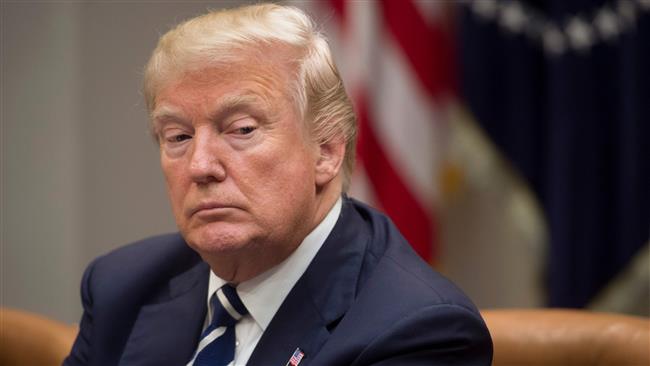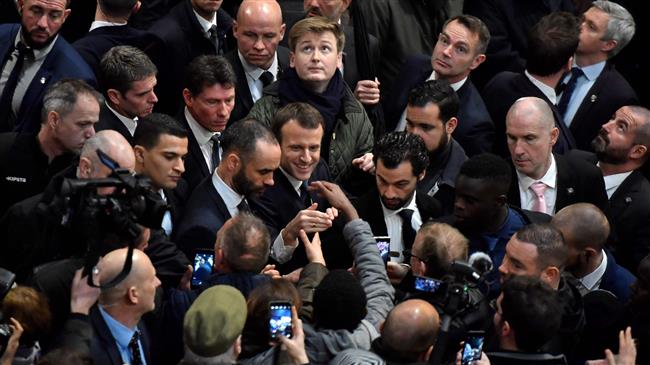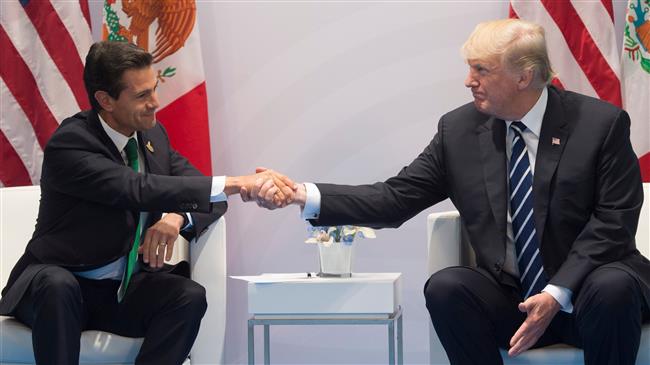27, February 2018
Most Americans believe media treats Trump fairly 0
The majority of voters believe media treats US President Donald Trump fairly despite his incessant complaints about fake news, a new poll shows.
Fifty- four percent of the voters said that the president is portrayed fairly on media, according to the poll released Monday.
Most of the Republican voters, however, thought otherwise, with 80 saying the media is unfair to him.
Meanwhile, 84 percent of Democrats and 55 percent of independents said he does get a fair share from the media and the press.
The voters were also asked to say if the president, for his part, trats media fairly, to which the 59 percent said “No,” including 62 percent of independents.
“At 54/46, the public is divided on whether the media is fair to President Trump, as these numbers mirror his job approval,” said Harvard CAPS-Harris co-director Mark Penn. “But Trump’s unorthodox blasts at the media prompt most to say he is unfair to them.”
Since the 2016 campaign, Trump has repeatedly used the term “fake news” largely for any coverage criticizing him or his allies.
Still, the voters said they believe there is “a lot” of fake news in the mainstream media while 84 percent said they have a hard time knowing what news to believe.
Thirty percent said Fox News is where they mostly get the news, followed by local news and CNN at 26 percent each. NBC News came in at 21 percent, followed by ABC at 20, CBS at 18 and The New York Times at 10 percent. MSNBC, USA Today, The Washington Post, The Wall Street Journal and NPR all polled in the single-digits.
“People have become siloed in their news watching and although Fox is number one, the combined strength of the other media outweighs Fox in media consumption,” Penn said.


































27, February 2018
La Republique: Hundreds Evacuated as Flooding Hits Yaounde 0
Over 1,000 people were forced to leave their homes and business premises after floods in several areas in Yaoundé. The flooding was caused by heavy rain that began on the 26th February, 2018.
The Avenue Kennedy district is the worst hit area. The Francophone dominated National Disaster Management Agency reported that relief centers have been set up in some districts, accommodating displaced people. Cameroon Intelligence Report understands that several schools were closed in the affected areas.
Yaoundé city council sources hinted that 115 people have evacuated their homes in Carrefour Obili and are staying with extended families. Schools were also closed in the Bastos district according to local media.
Heavy rain has also affected parts of Omnisport, where some people are currently displaced. Nothing has been said so far about students in boarding schools. The Biya regime warned of further heavy rain and strong winds.
Source: www.cameroonintelligencereport.com